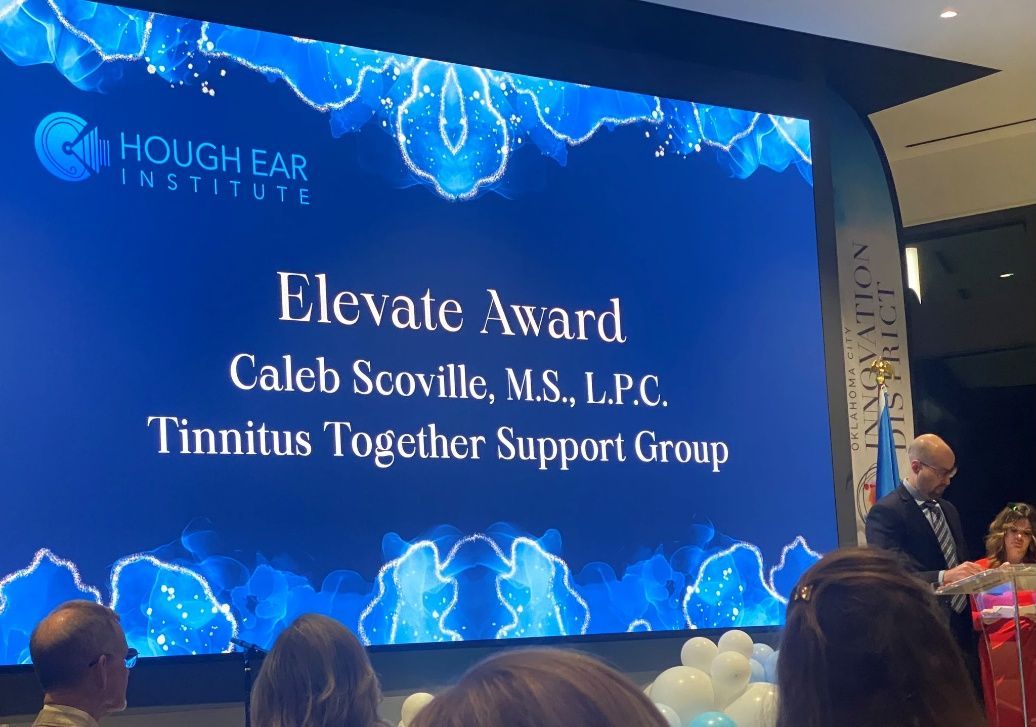Written by Brandon Schmidt, LMFT
On Saturday, November 2nd, 2019, Transforming Life Counseling Center was blessed to provide clergy, mental health professionals, and students with a life-giving conference that sought to bring together both the faith-based community and the mental health field. Our goal was to provide attendees with something that very few in Oklahoma had seen, a conference that focused on mental health while acknowledging that faith is a necessity to healthier living. We were excited to greet over 200 attendees and to fellowship with them as we learned together. Many relationships were forged and we are excited to see where God will bless these unions in the days to come.
I was fortunate enough to lead a breakout session that focused on childhood trauma. We took time to acknowledge that trauma can come in many different ways, focused on the stress reactions within children and families following traumatic experiences, briefly examined Post-Traumatic Stress Disorder within children, and looked at the top four treatments, include Parent-Child Interaction Therapy, to help children and families work through trauma and abuse. In this article, I will seek to summarize the highlights within this breakout session.
To illustrate the many different ways that trauma can occur, I drew upon the life experiences of my grandfather. Most of his pain and suffering as a young boy were brought to life by my aunt, an Oklahoma author, and within the pages of her first book, “Let The River’s Clap Their Hands.” In her book, she captured beautifully the amazing love story between my grandfather and grandmother and through their faith in Christ, they left a tremendous legacy for our family. Unfortunately, during my grandfather’s early years, starting at the age of 4, he encountered trauma from many areas of his life. My grandfather endured trauma through a natural disaster by the way of the Oklahoma Dustbowl, and, through the economic perils of the Great Depression. As a poverty stricken Indian boy, he experienced racism and discrimination, threatening his sense of safety and security. The daily events of his life, drove home the message that he was unwanted and unloved through the deaths of both his parents and later an older brother. Then, there the was abuse and neglect that he suffered within the orphanage that took him and his younger brother in, when family could not keep them, due to the abuse and torture they endured from the very family members who were supposed to keep them safe.







